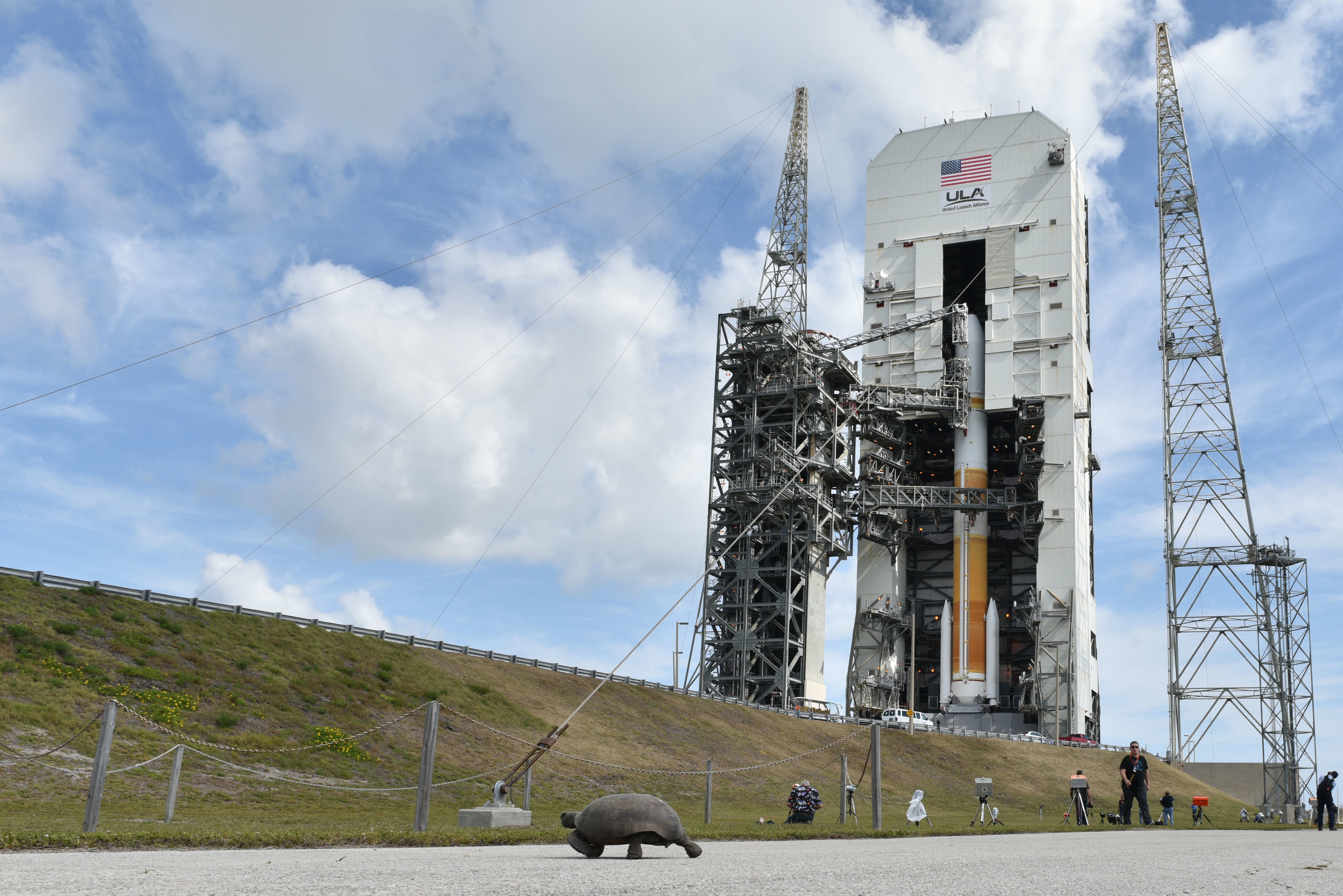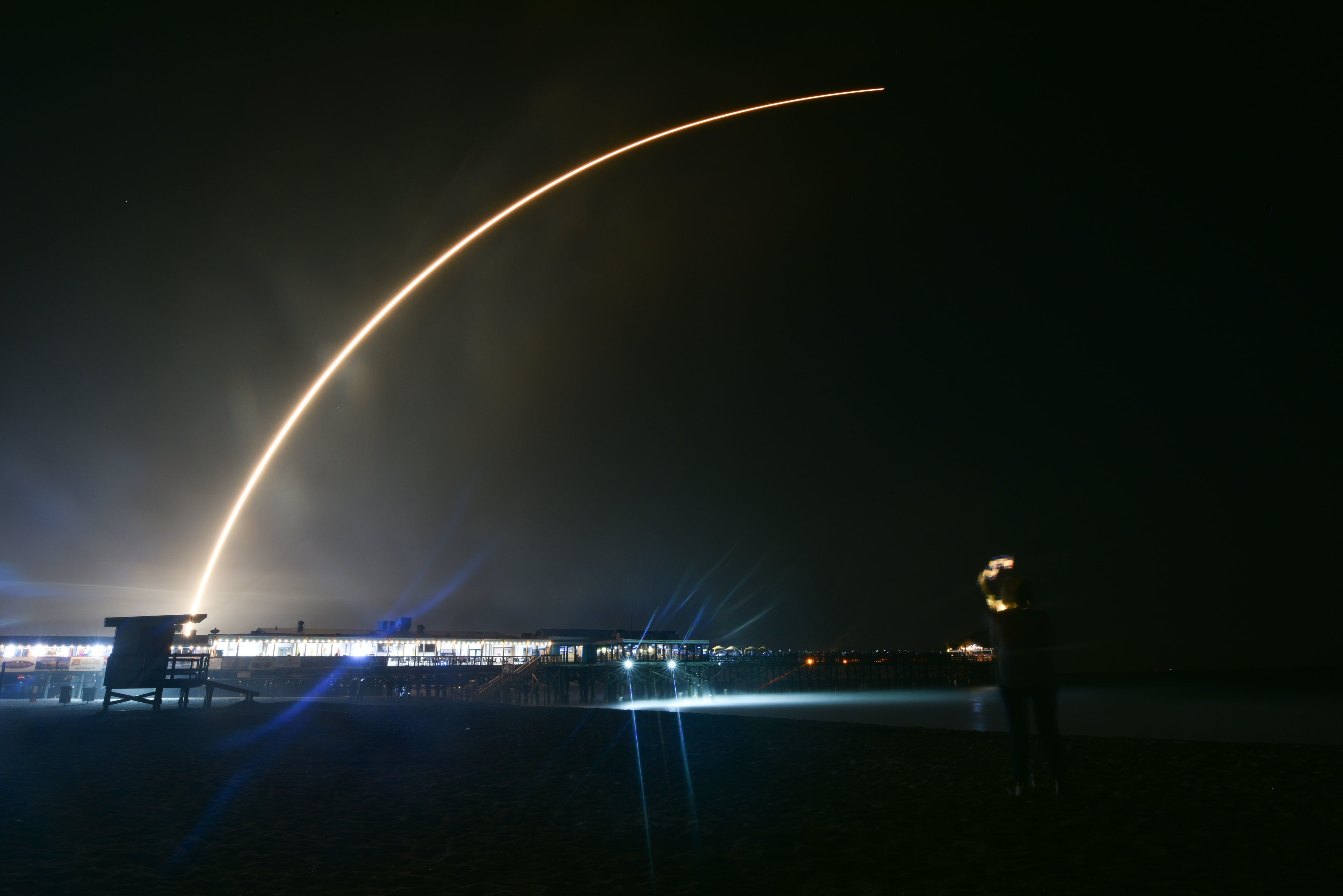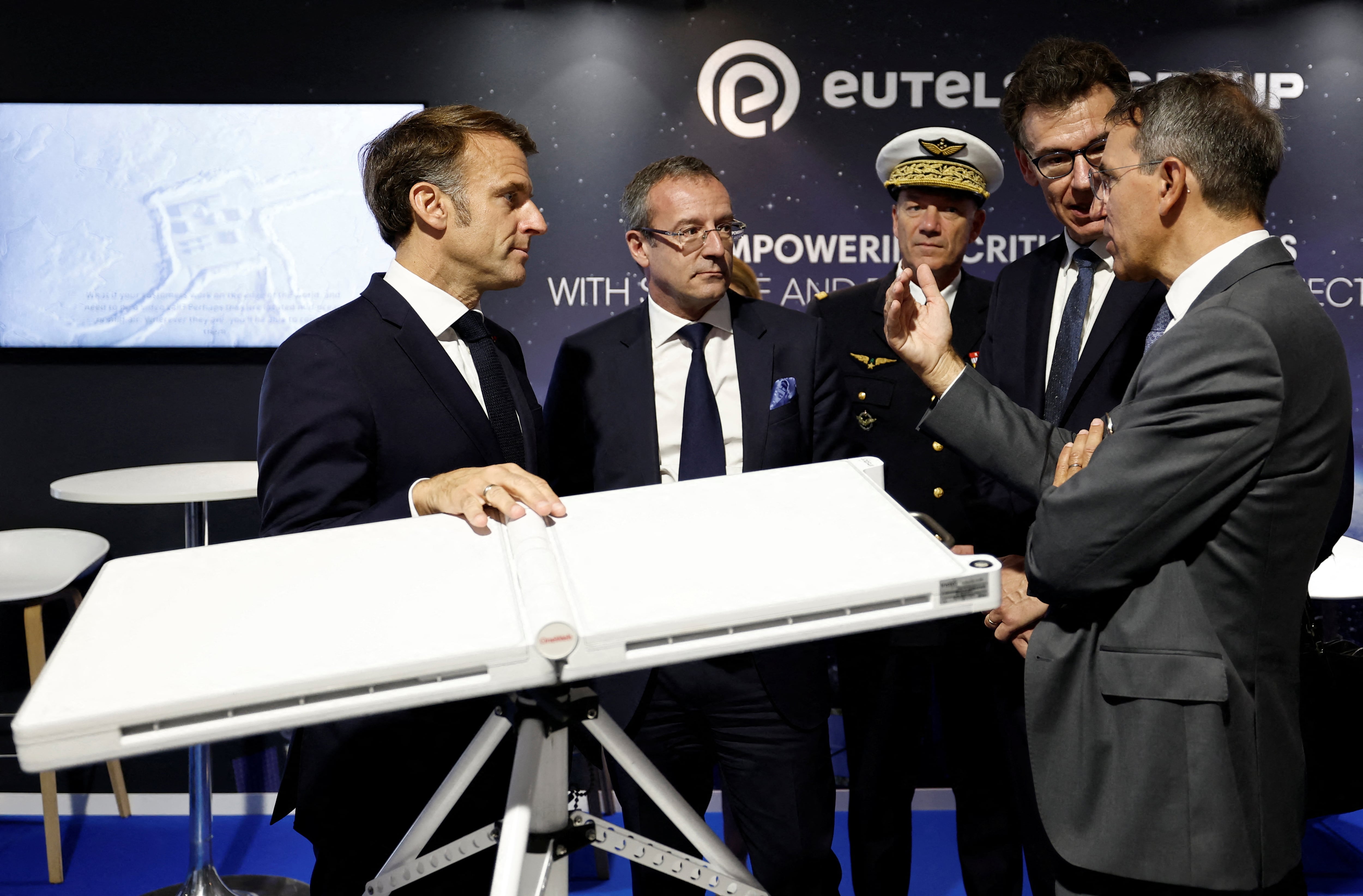WASHINGTON — After a couple delays, the Defense Department is pressing forward on plans to hold the first meeting of the Space Acquisition Council next month, even as the novel coronavirus shakes up the status quo.
As part of the fiscal 2020 defense policy bill, Congress established a Space Acquisition Council to oversee, manage and integrate the Pentagon’s disparate space acquisition entities, which include the Space Development Agency, Space and Missile Systems Center, and Space Rapid Capabilities Office.
RELATED

The department is currently looking at the April 8-9 timeframe to hold the first meeting and and wants to move forward with a meeting even if COVID-19 continues to be a concern, said Shawn Barnes, who is currently performing the duties of assistant secretary of the Air Force for space acquisition and integration.
“I’m still looking at April as a target and I’m hopeful that we’ll be able to do that,” Barnes told Defense News in a March 19 interview. “But we’ll adjust accordingly. We may end up doing that, frankly, as a virtual meeting if we need to.”
The 2020 National Defense Authorization Act mandates that the members of the council will include the Air Force undersecretary; the assistant secretary of the Air Force for space acquisition and integration, who will chair the council; the assistant secretary of defense for space policy; the director of the National Reconnaissance Office; the chief of space operations; and the commander of U.S. Space Command. All will be required to attend monthly council meetings.
Barnes said that the agenda of the first meeting will involve creating a charter for the organization that lays out the participants, roles, responsibilities and authorities of the Space Acquisition Council. The charter will also take into account recommendations the Defense Department will make in a space acquisition report, which is due to Congress on March 31.
The coronavirus pandemic has forced space organizations inside the Pentagon to alter their normal ways of business. Most personnel are working from home, and the number and size of meetings inside the building has decreased as more interaction moves to virtual venues, Barnes said.
While some personnel have had to come into the Pentagon to do work on classified networks, Barnes said his office has been careful to limit the number of people working in secure spaces together.
“We’ll bring in a couple of people to let them work on those classified networks, make sure we’re doing the kinds of things that we all should be doing [like] cleaning our keyboard,” he said.
“As we move forward there may be some challenges, but we’ll adjust accordingly as need be. For most of the kinds of things we’re doing in terms of broad architecture and acquisition reform, that really doesn’t require classified work because most of that is about process and it’s not about the specifics of any particular capability.”
Despite the uncertainty caused by COVID-19, Barnes said he was “pleasantly surprised” by the progress being made in the Pentagon’s space enterprise.
"The current environment hasn’t slowed our ability to do any space operations,” he said. “There have been no bumps or hiccups in the road. We are moving out as rapidly as we can on standing up the Space Force,” he said.
Valerie Insinna is Defense News' air warfare reporter. She previously worked the Navy/congressional beats for Defense Daily, which followed almost three years as a staff writer for National Defense Magazine. Prior to that, she worked as an editorial assistant for the Tokyo Shimbun’s Washington bureau.








